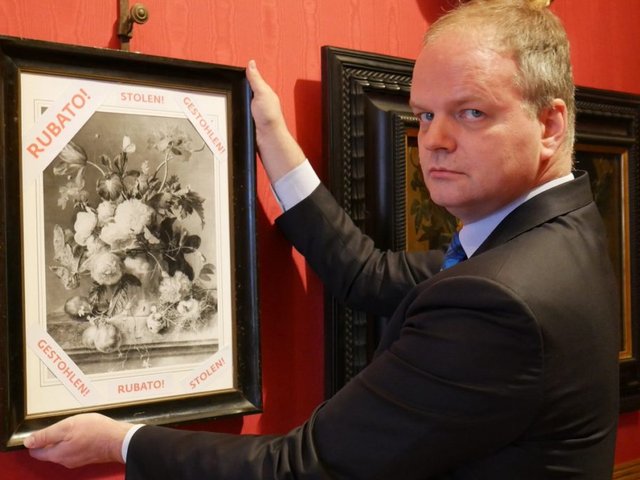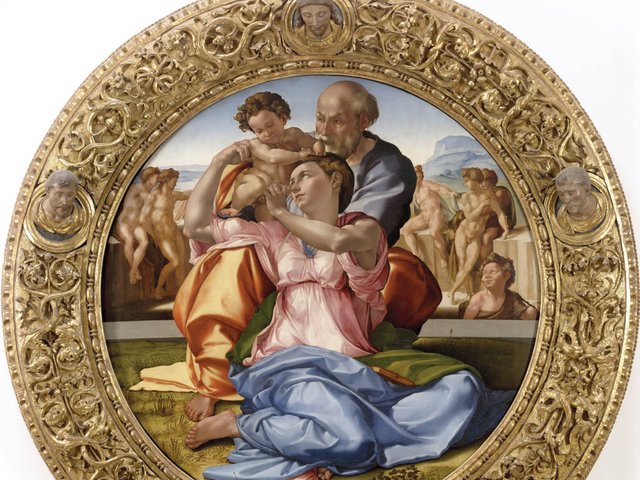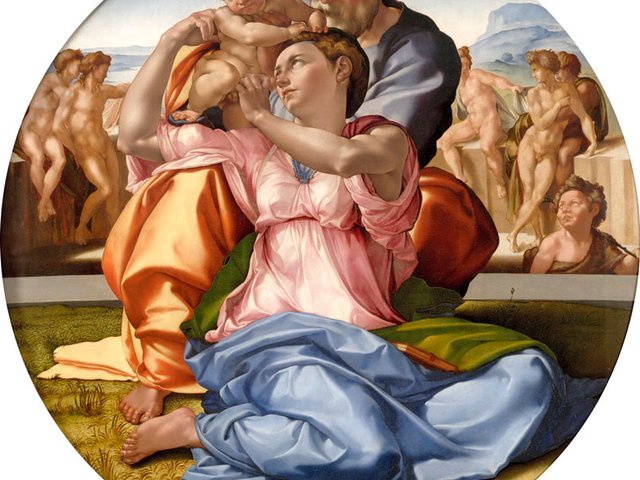A self-portrait by the Italian painter Ottone Rosai (1895-1957) is at the centre of a long-running tussle between The Uffizi gallery in Florence, the Italian Ministry of Culture and the Munich-based art dealer Daniel Blau.
Autoritratto is one of a group of self-portraits that Rosai, who was allied with the Florentine Futurists, painted at the beginning of the 1940s. Blau bought it at the Farsettiarte auction house in Prato in December 2020 for €30,000 (with fees).
Blau paid for the painting in early 2021, but it was subject to a compulsory purchase by the Italian state and given to the Uffizi. He has still not been reimbursed and all attempts to obtain payment, he says, have been unsuccessful.
The case throws into stark relief the time-consuming difficulties of dealing with the Italian authorities, and the apparent helplessness of individuals faced with its bureaucracy.
Blau’s shippers had applied for permission to export the work from Italy to Germany but were informed by the Italian Ministry of Culture in May that the work was subject to a compulsory purchase for the Uffizi. In July the shippers wrote to Blau: “Next step on our part is to send the documentation to Rome, complete with inventory taking, then the ABAP Directorate General will take care of the payment, for which a visa from the Court of Auditors is also required.”
Blau was asked to produce swathe of documents including an anti-mafia certificate as well as self-certification that he was not a criminal. However, at the time of writing he had not received any payment for the work, which does not appear on the Uffizi website.
The Uffizi press office tells The Art Newspaper: “The purchase was not made by the museum itself, but by the ABAP Directorate General (the directorate General for Archeology, Fine Arts and Landscape) of the Ministry of Culture. The Uffizi Galleries are only the destination of the painting. Your question must therefore be addressed to the Ministry of Culture.”
The ministry did not, however, respond to a request for comment.





